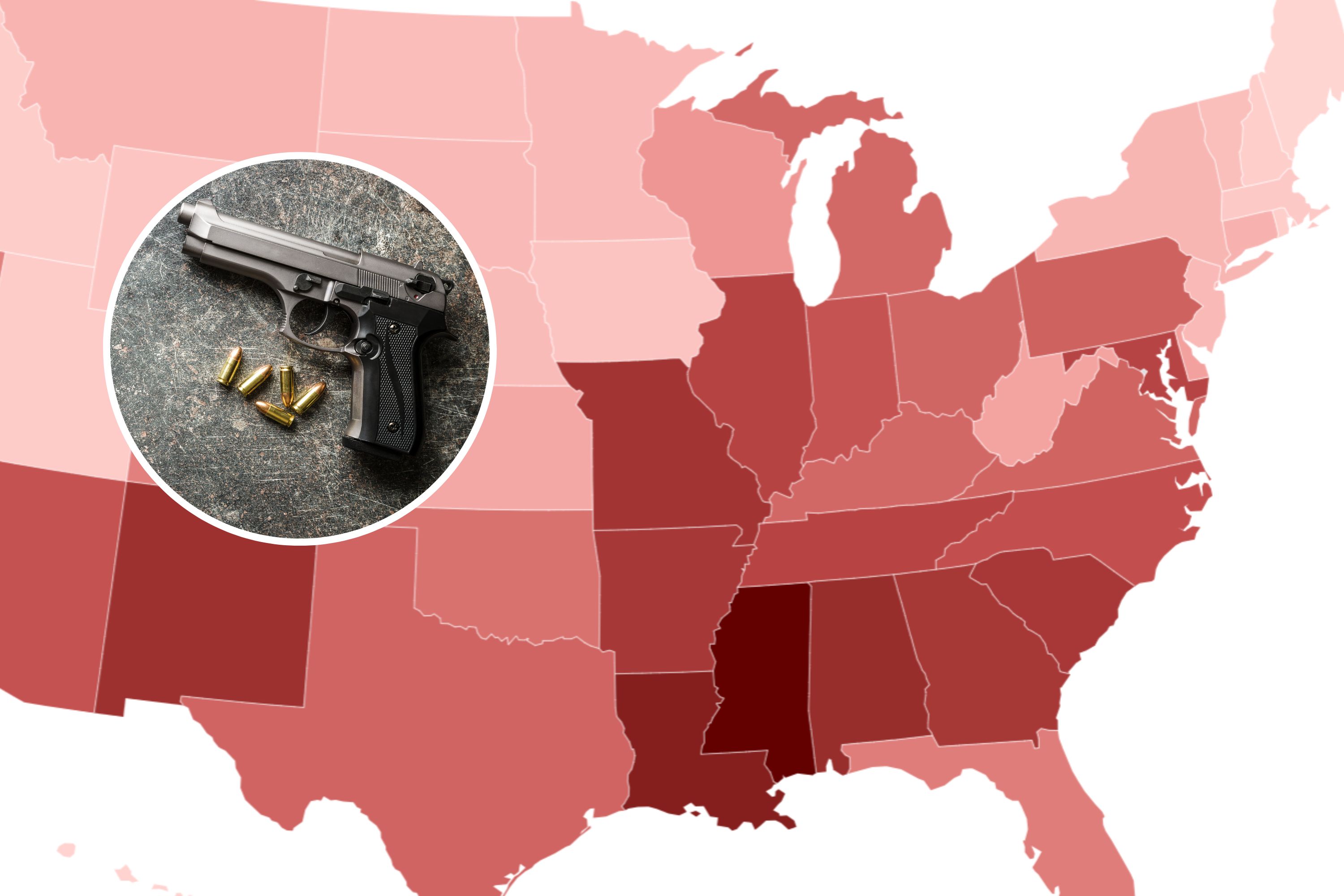Senator Marco Rubio has blamed Iran for Wednesday morning's rocket attack on an Iraqi air base hosting American troops, suggesting the operation and others like it are designed to push U.S. troops out of the country.
At least 10 rockets landed at Ain Al Asad base in the western Anbar province at around 7:20 a.m. local time on Wednesday, according to a tweet from Operation Inherent Resolve spokesperson Colonel Wayne Marotto.
Fox News' Lucas Tomlinson cited U.S. officials who said one American civilian contractor had died of a heart attack at the base at the same time as the rocket barrage. It is not clear whether the rockets caused the heart attack. There were no other American casualties.
Military officials have not yet apportioned blame and no group is known to have claimed the attack. But the barrage bears the hallmarks of attacks launched by Iran-backed Iraqi militias against U.S. and government forces.
One such strike on Erbil airport in Iraqi Kurdistan last month killed a civilian contractor and wounded several Americans. That attack—claimed by the Iran-aligned Guardians of Blood militia—prompted President Joe Biden to order airstrikes against Iran-backed Iraqi militia groups operating in Syria.
Rubio and others were quick to condemn the latest rocket attack. The Florida senator wrote on Twitter that they were "the work of Iran," adding: "Iran makes the rockets, gives them to Shia militia groups and tells them where & when to attack. The purpose of these attacks is to pressure Biden to speed up the U.S. withdrawal from Iraq."
South Dakota Senator Mike Rounds also expressed his concern. "We must do everything in our power to protect the men and women who wear the uniform of the United States of America," the Republican lawmaker wrote on Twitter.
"We're assuming it's probably militia that did it," Rounds told Fox News. "But it's militia that are backed by Iran," he added, noting that this remained unconfirmed. "Iran is the problem child in the region. They continue to try to manipulate and to influence activity in Iraq."
Iran routinely uses its regional militia allies to attack American and allied interests and personnel, applying pressure on its adversaries without risking the escalation that could come from direct state-on-state operations.
Despite hopes of a thaw between Tehran and Washington, D.C. under Biden, militia agitation in Iraq has continued. Iran and the U.S. remain at loggerheads over the Joint Comprehensive Plan of Action nuclear deal and sanctions relief for Tehran, with each demanding the other acts first.
Behind that, Iran is maneuvering to eject American troops from Iraq altogether. Tehran has cultivated fearsome influence in Iraq since the U.S. invasion in 2003. Clearing Iraq of Western forces would be a huge success for the Iranian regime.
Tehran is leveraging its militia forces to harass American and foreign troops while pressuring its political allies in Iraq to push them out.
Iran's allies in Iraq, particularly the Shi'ite bloc in the country's parliament, demanded the full withdrawal of American troops after the U.S. assassination of Iranian Major General Qassem Soleimani in January 2020.
After Soleimani's death, Iran attacked Ain Al Asad with ballistic missiles, wounding more than 100 American soldiers.
The base is home to foreign troops from multiple nations, supporting the Iraqi government in its counter-terrorism operations, primarily those against the Islamic State militant group.
The British ambassador to Iraq, Stephen Hickey, said the latest attack could undermine anti-ISIS operations. "Coalition forces are in Iraq to fight Daesh at the invitation of the Iraqi government," he tweeted, using an alternative name for the group. "These terrorist attacks undermine the fight against Daesh and destabilise Iraq."
Danish troops are also stationed at Ain Al Asad. Danish Foreign Minister Jeppe Kofod wrote on Twitter: "Despicable attacks against Ain al-Asad base in Iraq are completely unacceptable."
The latest attack comes as Pope Francis prepares to travel to Iraq for the first papal visit to the country. The trip will go ahead despite concerns over the coronavirus pandemic and the threat of militant attacks.

Uncommon Knowledge
Newsweek is committed to challenging conventional wisdom and finding connections in the search for common ground.
Newsweek is committed to challenging conventional wisdom and finding connections in the search for common ground.
About the writer
David Brennan is Newsweek's Diplomatic Correspondent covering world politics and conflicts from London with a focus on NATO, the European ... Read more





